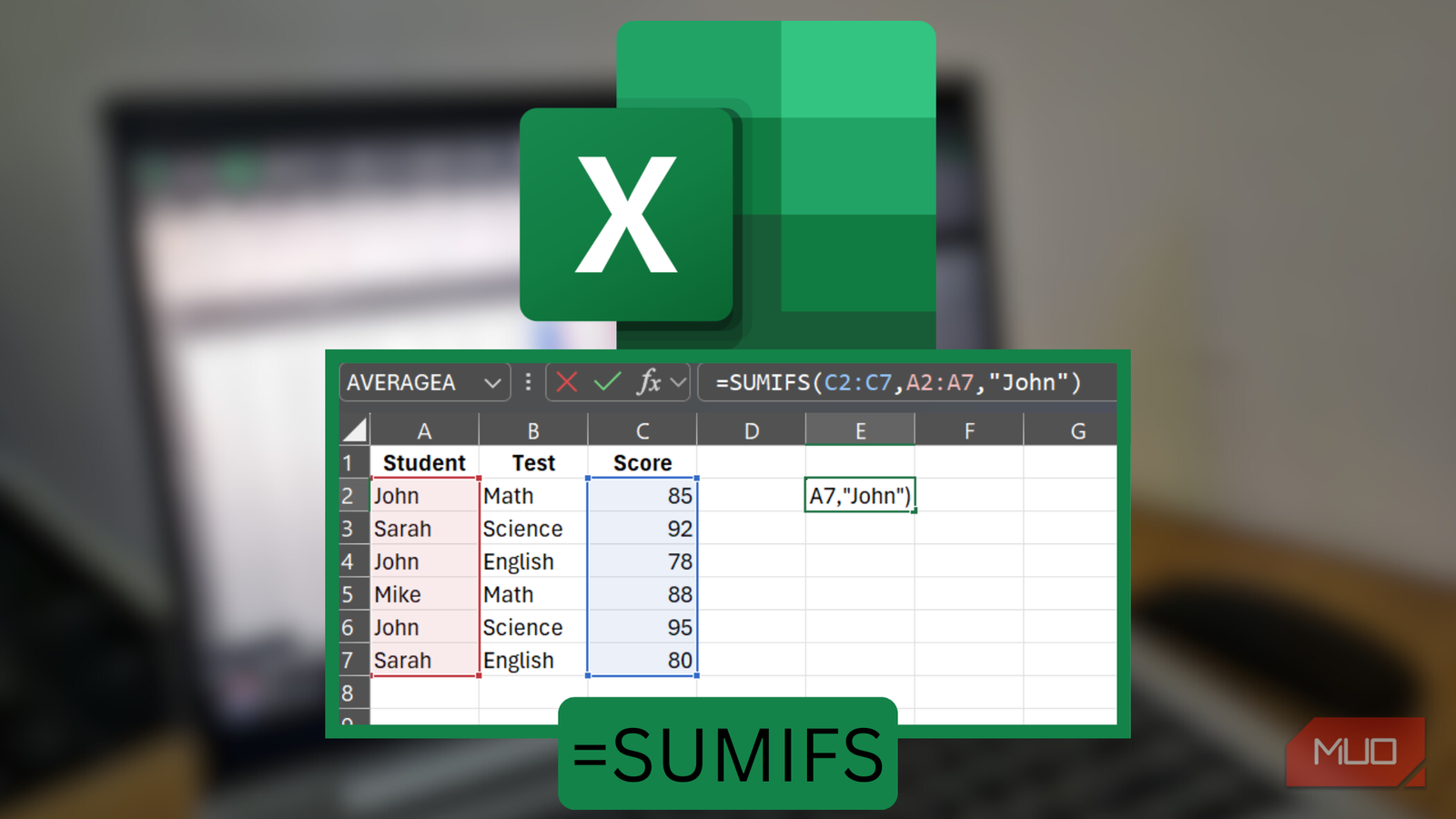Have you ever felt like your thoughts are a tangled knot? You know there is something you need to work through, like a persistent worry, a feeling of being stuck, or a difficult emotion. Yet trying to grasp a single thread just seems to tighten the whole mess. It can be hard to even find the right words for what you are feeling, let alone figure out where to start.
While professional therapy is an invaluable resource, we know it is not always accessible. The cost, long waiting lists, or even the thought of opening up to a stranger can feel like significant barriers. You might need a space to process your thoughts right now, at two in the morning, with complete privacy and without judgment.
Tools like ChatGPT, when used thoughtfully, can serve as a powerful first step. But the real challenge is not just talking at it. It is knowing how to guide the conversation to get meaningful insights.
The prompts below are designed to give your conversations structure and purpose, transforming a blank chat box into a guided journey of self discovery. They are specifically crafted to help you:
- Untangle overwhelming emotions to understand what you are really feeling.
- Identify the hidden triggers and root causes behind your reactions.
- Challenge the negative thought patterns that may be holding you back.
- Build practical, actionable plans for managing anxiety, improving relationships, and building self esteem.
Think of these prompts as your roadmap. It provides the clear, direct questions you need to turn a vague sense of unease into a productive dialogue with yourself, paving the way for greater clarity and personal growth.
How to Use These Prompts: Simply copy the prompt text, paste it into your chat with the AI, and replace the bracketed [placeholder text] with your own specific details.
⚠️ Disclaimer: The following prompts are for self-exploration and are not a substitute for professional mental healthcare. ChatGPT is an AI tool, not a licensed therapist, and cannot provide a diagnosis. If you are experiencing a mental health crisis, please contact a crisis hotline or a qualified healthcare professional.
Phase 1: Setting the Stage (Your First Session)
Before diving into specific problems, you need to establish the framework for your conversation. This tells the AI what role to play and what your goals are.
Prompt 1: The Core Persona Prompt
Use this at the beginning of a new chat to set the AI’s role.
- Act as a compassionate and insightful personal reflection coach. Your approach should be based on
[Choose one: Cognitive Behavioral Therapy (CBT), Solution-Focused Therapy, Humanistic Psychology, or simply 'a supportive listening model']. Your goal is not to give me direct advice, but to ask me powerful, clarifying questions, help me identify my own thought patterns, and guide me toward my own solutions. Avoid making definitive statements about me and instead use phrases like “It sounds like you’re feeling…” or “What I’m hearing is…”. Do not break character. Do you understand your role?
Prompt 2: Defining Your Initial Goal
After setting the persona, state your intention for the conversation.
- My primary goal for this conversation is to better understand my feelings about
[describe a specific situation or feeling, e.g., 'my recent job loss', 'my constant anxiety in social settings', 'a conflict with my partner']. I want to explore why I’m feeling[list emotions, e.g., 'overwhelmed, angry, and stuck']and begin to identify a path forward.
Phase 2: Exploration & Understanding (Unpacking the Problem)
Once the stage is set, use these prompts to dig deeper into the issue at hand.
Prompt 3: Deconstructing an Overwhelming Feeling
When you feel a powerful, confusing emotion.
- I’m feeling
[emotion, e.g., 'overwhelmed', 'anxious', 'hollow']about[the situation]. Can you help me break this feeling down? Ask me questions to help me identify the smaller, specific emotions that make up this larger feeling. Let’s explore what each part is trying to tell me.
Prompt 4: Identifying Triggers
To understand what sets off a specific negative reaction.
- I want to identify the triggers for my
[negative emotion or behavior, e.g., 'procrastination', 'anger', 'panic attacks']. Recently, I experienced this when[describe the specific event in detail]. Based on this example, can you help me brainstorm potential internal triggers (thoughts, memories) and external triggers (people, places, situations) that might be at play?
Prompt 5: Exploring Root Causes with the “5 Whys”
To dig beneath the surface of a problem.
- Let’s use the “5 Whys” technique to find the root cause of my issue. My problem statement is: “
[State your problem, e.g., 'I consistently avoid working on my personal projects.']” Please start by asking me the first “why,” and continue asking “why” in response to each of my answers until we get to a core insight.
Prompt 6: Connecting Past to Present
When you suspect a current reaction is tied to past experiences.
- I have a feeling my strong reaction to
[current situation]is connected to a past experience, specifically[briefly mention a past event, e.g., 'a past betrayal', 'how my parents handled conflict']. Can you help me explore this connection in a safe and constructive way? Ask me questions that link my current feelings and behaviors to those past patterns without making assumptions.
Phase 3: Building Skills & Strategies (The Action Plan)
Understanding is the first step; action is the second. These prompts are focused on developing practical coping mechanisms.
Prompt 7: Challenging a Negative Thought (CBT)
A core technique from Cognitive Behavioral Therapy.
- I am struggling with a recurring negative thought. The thought is: “
[Insert your specific negative thought, e.g., 'I'm going to fail this presentation and everyone will think I'm incompetent.']” Act as a CBT therapist and guide me through the process of identifying the cognitive distortions in this thought and then help me challenge and reframe it into a more balanced and realistic perspective.
Prompt 8: Creating a Grounding or Mindfulness Plan
For moments of high anxiety or emotional distress.
- I need a plan for when I feel
[emotion, e.g., 'panicked' or 'overwhelmed']. Can you help me create a simple 3-step grounding exercise I can use anywhere? It should involve using my senses (sight, sound, touch). Also, guide me through a 5-minute mindfulness script that I can save and read to myself when I need it.
Prompt 9: Formulating a “SMART” Goal
To turn vague desires into actionable plans.
- I want to work on
[your desired outcome, e.g., 'improving my self-esteem' or 'setting better boundaries']. Help me transform this into a SMART goal (Specific, Measurable, Achievable, Relevant, Time-bound). Ask me questions to refine each of those five components, and let’s build a concrete action step I can take this week.
Phase 4: Addressing Specific Scenarios (Targeted Support)
Use these specialized prompts for common life challenges.
Prompt 10: For Relationship Conflict
To navigate disagreements more constructively.
- My partner and I had a conflict about
[topic of the conflict]. My perspective is that[explain your side]. I believe their perspective is that[explain what you think their side is]. Help me understand this conflict using the framework of “Nonviolent Communication.” Guide me in formulating an “I-statement” that clearly expresses my feelings and needs without blaming them, so I can start a more productive conversation.
Prompt 11: For Procrastination and Motivation
To break the cycle of avoidance.
- I am procrastinating on
[the specific task, e.g., 'starting my job search']. I feel[emotions, e.g., 'anxious and paralyzed']when I think about it. Can you help me break this task down into the smallest possible first step? Let’s also explore the underlying fears or beliefs that might be fueling this procrastination.
Prompt 12: For Grief and Loss
To process the difficult emotions of grieving.
- I am grieving the loss of
[person, pet, job, relationship, etc.]. The main emotions I’m feeling today are[list emotions, e.g., 'emptiness, anger, and guilt']. Please act as a compassionate grief counselor. Don’t try to “fix” my feelings, but instead, provide a safe space for them. Ask me questions that allow me to explore these emotions and perhaps reflect on a positive memory or a quality I cherished about what I lost.
Prompt 13: For Building Self-Esteem
To challenge negative self-talk and recognize your value.
- I am struggling with low self-esteem, particularly regarding
[area of life, e.g., 'my appearance', 'my intelligence at work']. Help me conduct a “strengths inventory.” Ask me questions that will help me identify my positive qualities, past achievements, and skills I take for granted. Let’s create a list I can look back on.
Phase 5: Maintenance & Growth (The Ongoing Journey)
Therapy isn’t a one-time fix. Use these prompts for continuous self-reflection and progress tracking.
Prompt 14: The Daily Journal Check-in
A structured way to journal with AI feedback.
- Act as my reflective journal. Today, I experienced
[describe a key event or feeling from your day]. My emotional high point was[describe high point]and my low point was[describe low point]. Ask me one insightful question about my high point and one about my low point to help me find a lesson or insight from the day.
Prompt 15: The Weekly Progress Review
To stay accountable to your goals.
- Let’s do my weekly review. My main goal for this past week was
[restate your goal]. I succeeded in[describe what went well]and I struggled with[describe challenges or setbacks]. Help me analyze this. What patterns do you see? What can I learn from my successes and my struggles to create a better plan for next week?
Also, Check These Prompts:
- Mental health is a cornerstone of a happy life. Explore more ways AI can help with our Prompts for Everyday Life.
- If you find that issues with focus are impacting your well-being, our Prompts for ADHD may offer helpful strategies.










